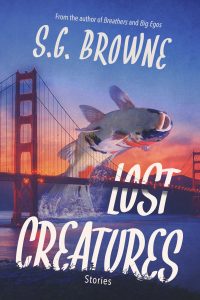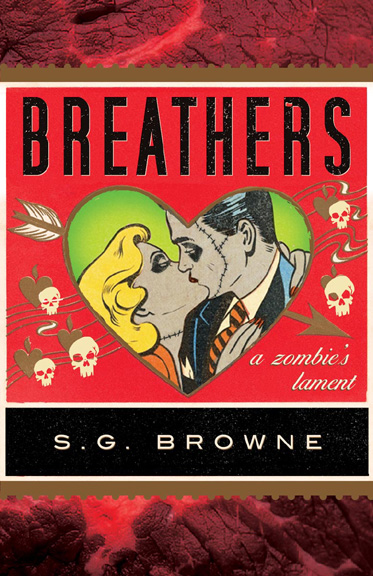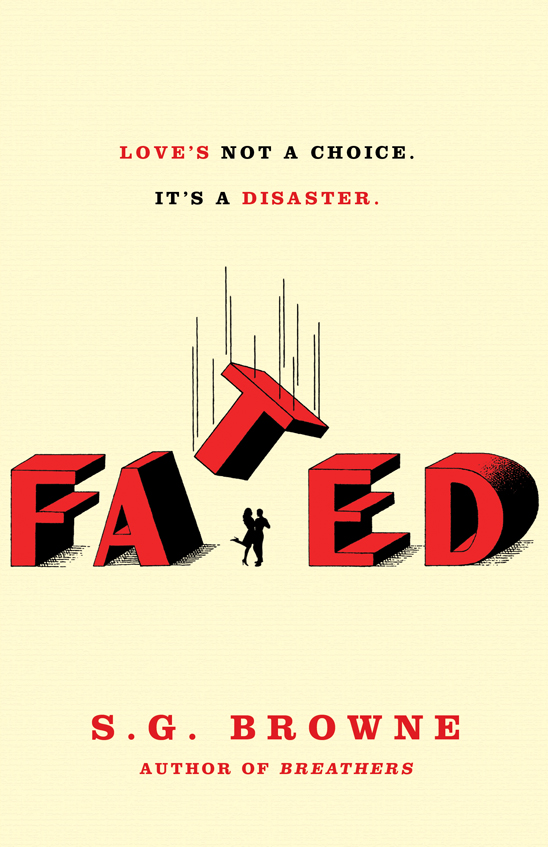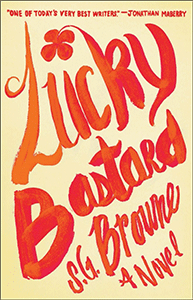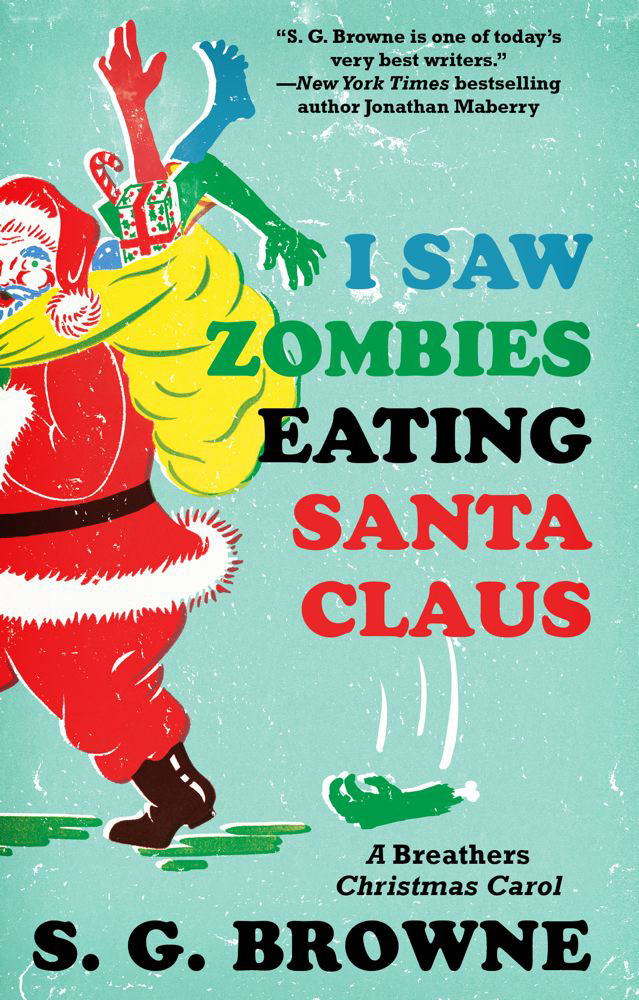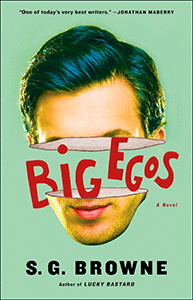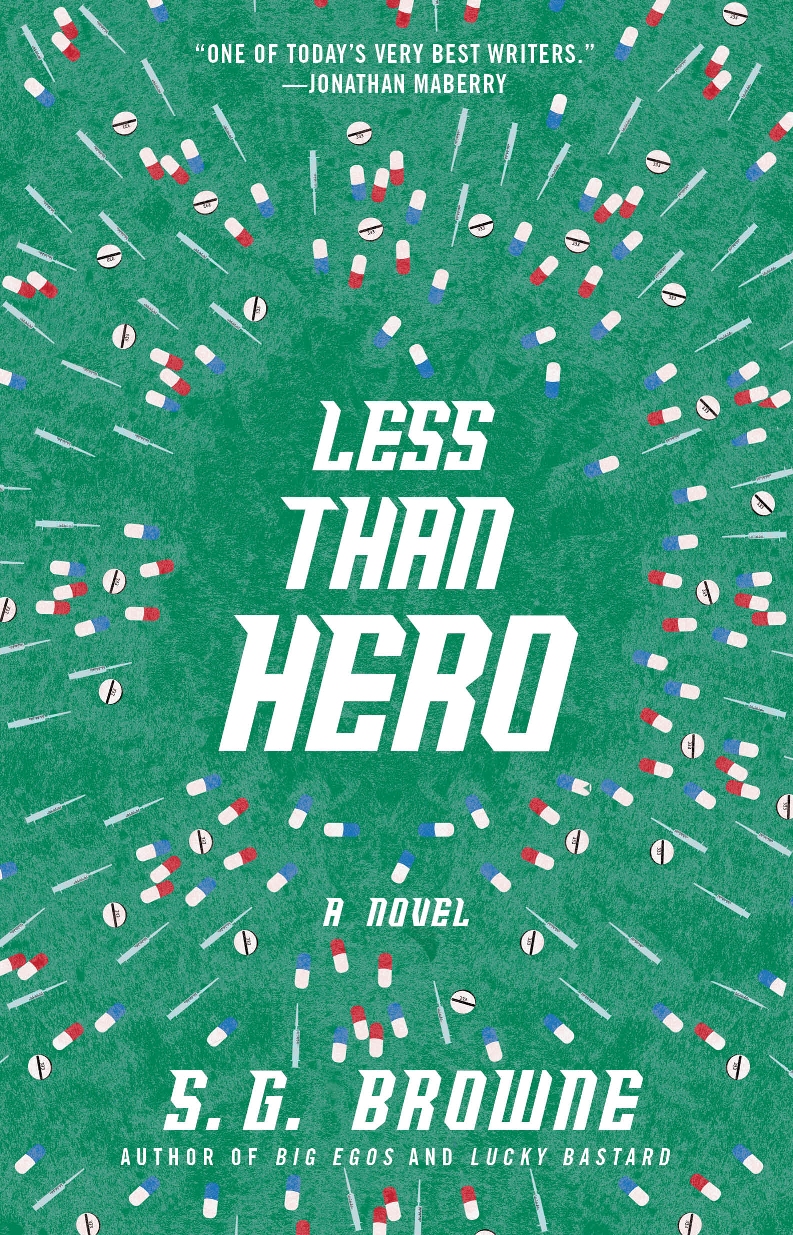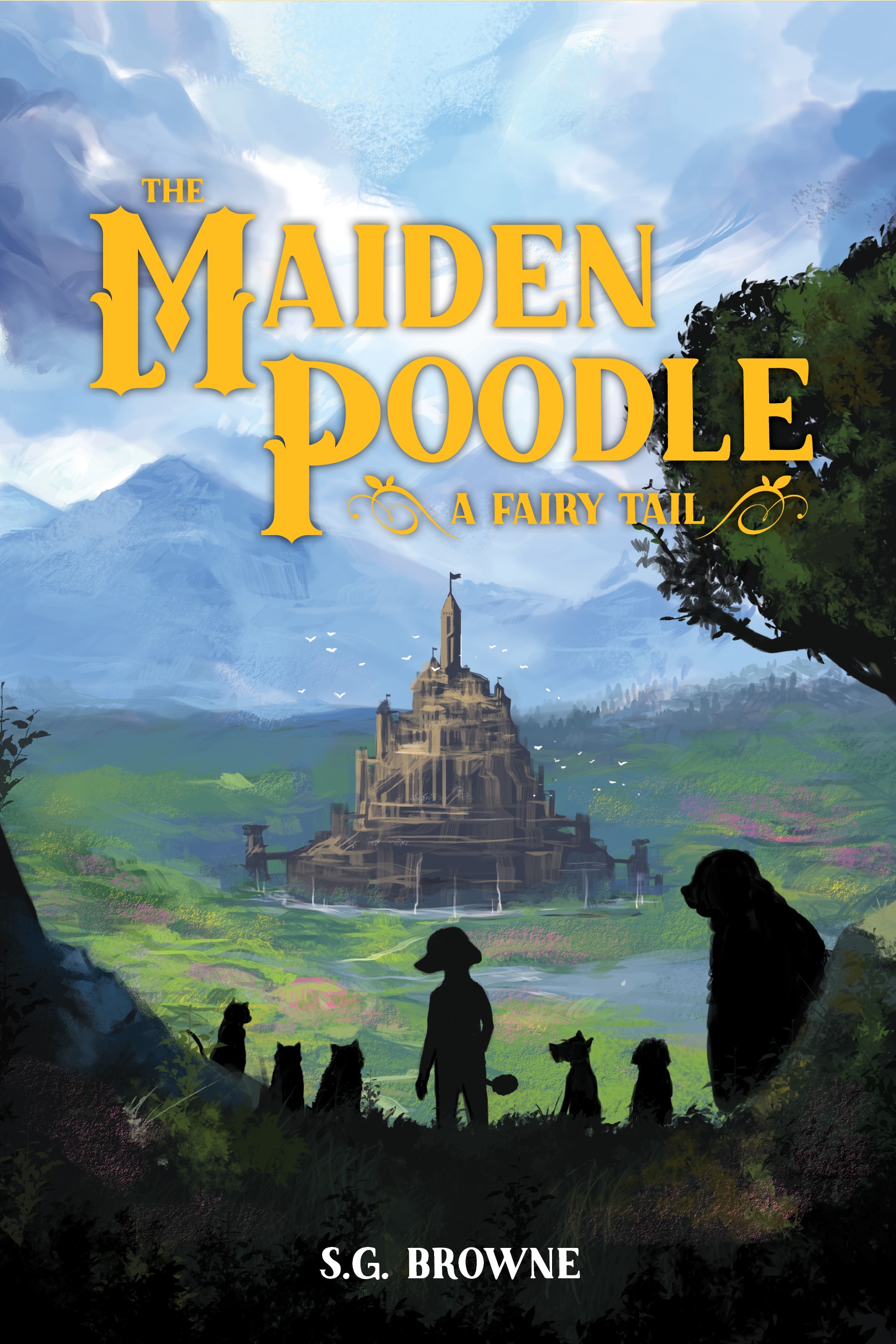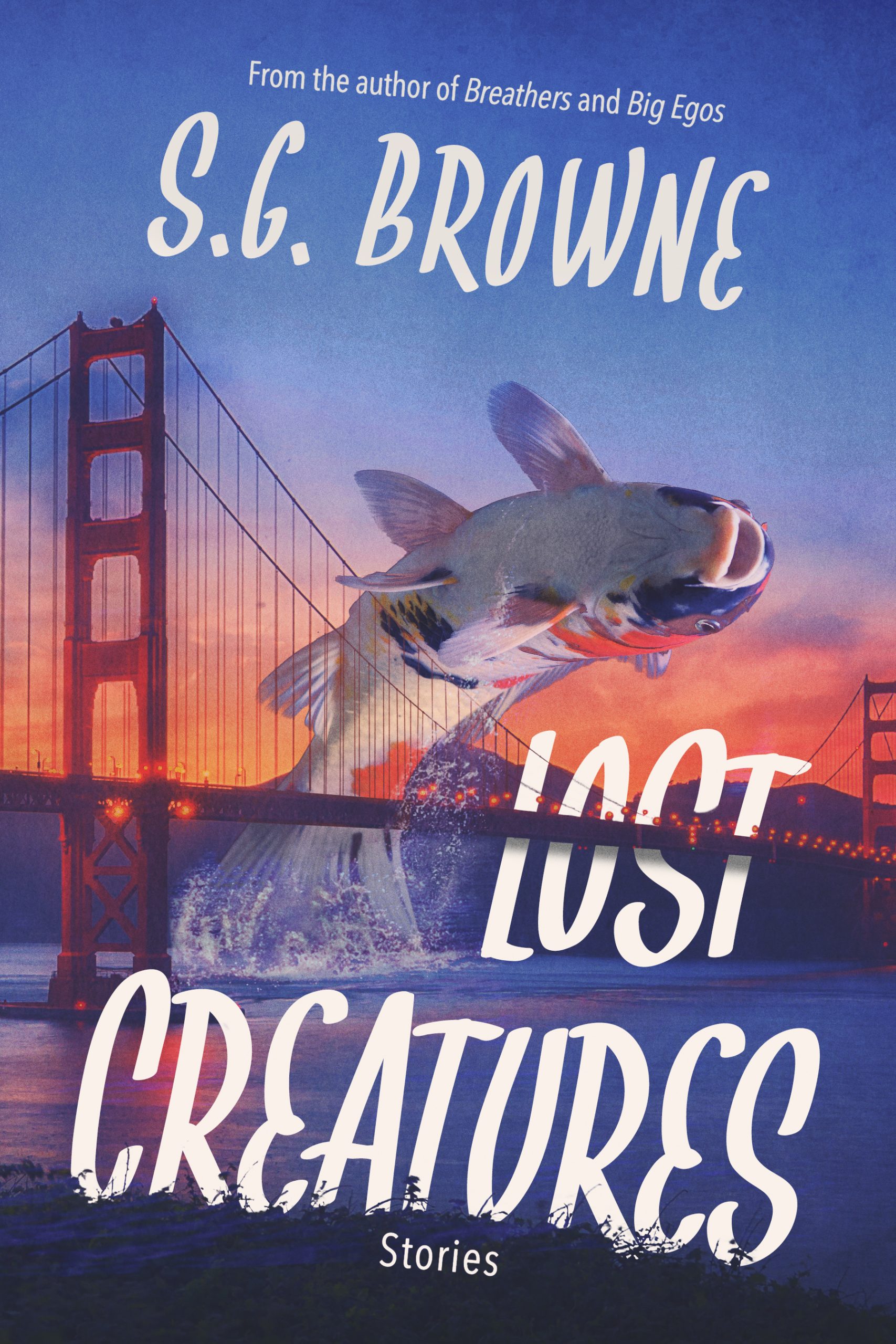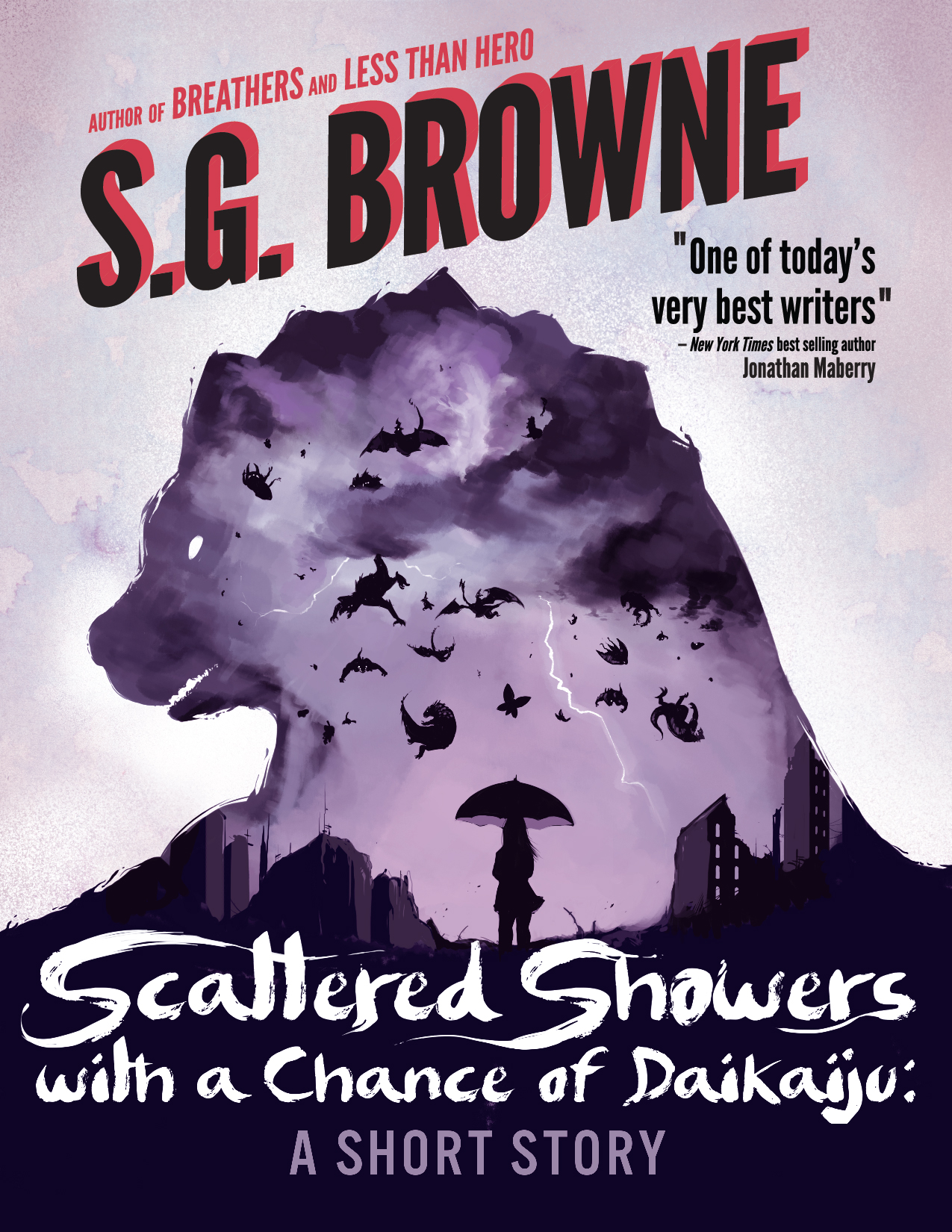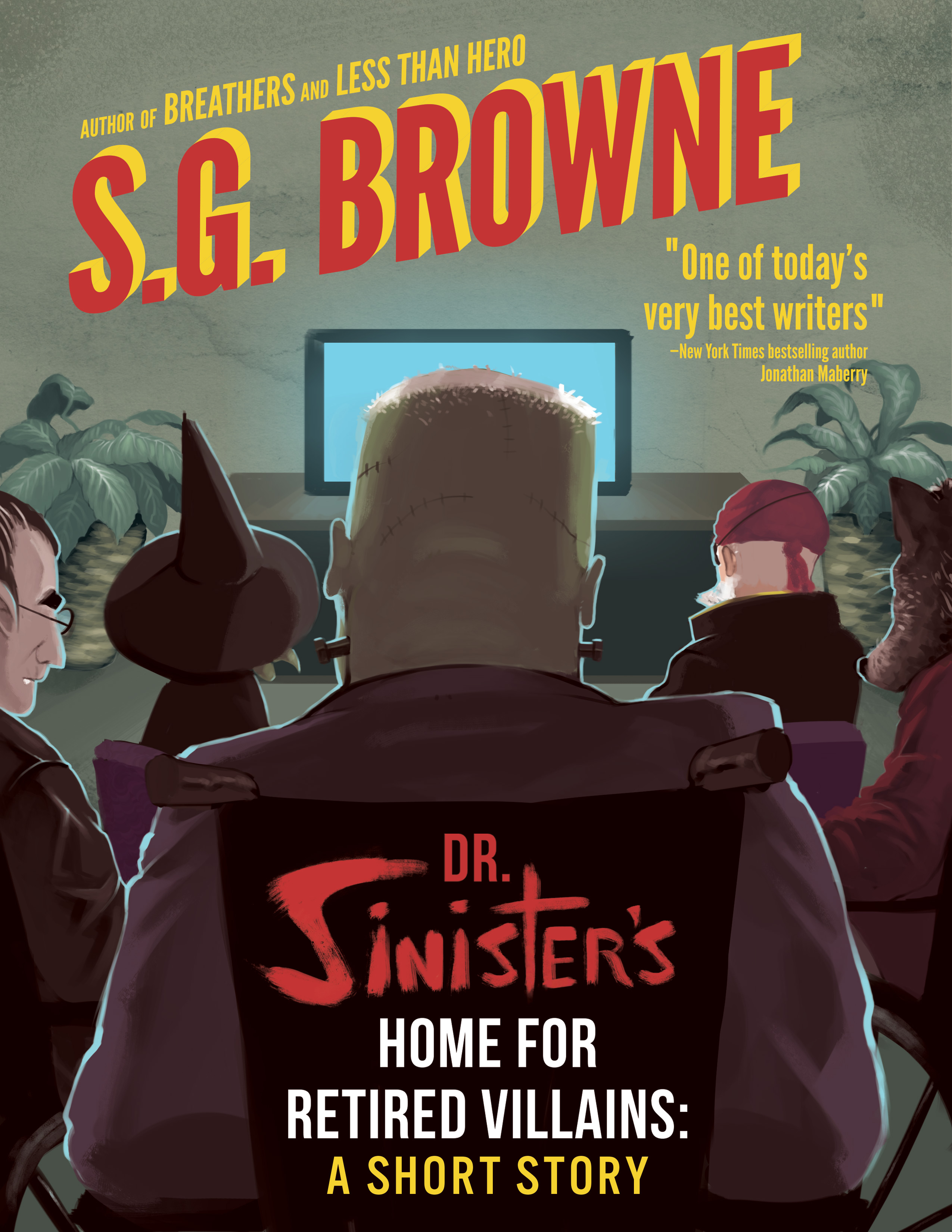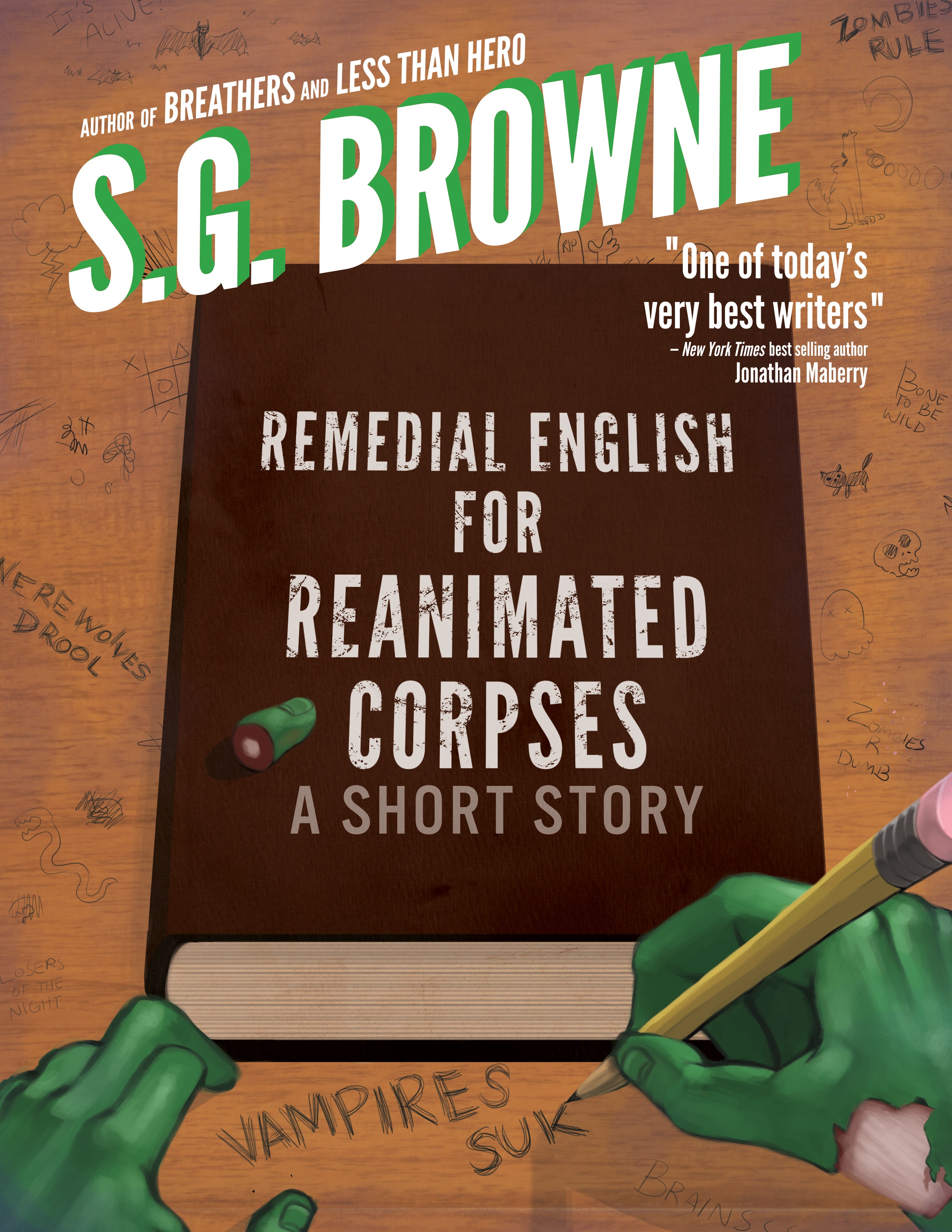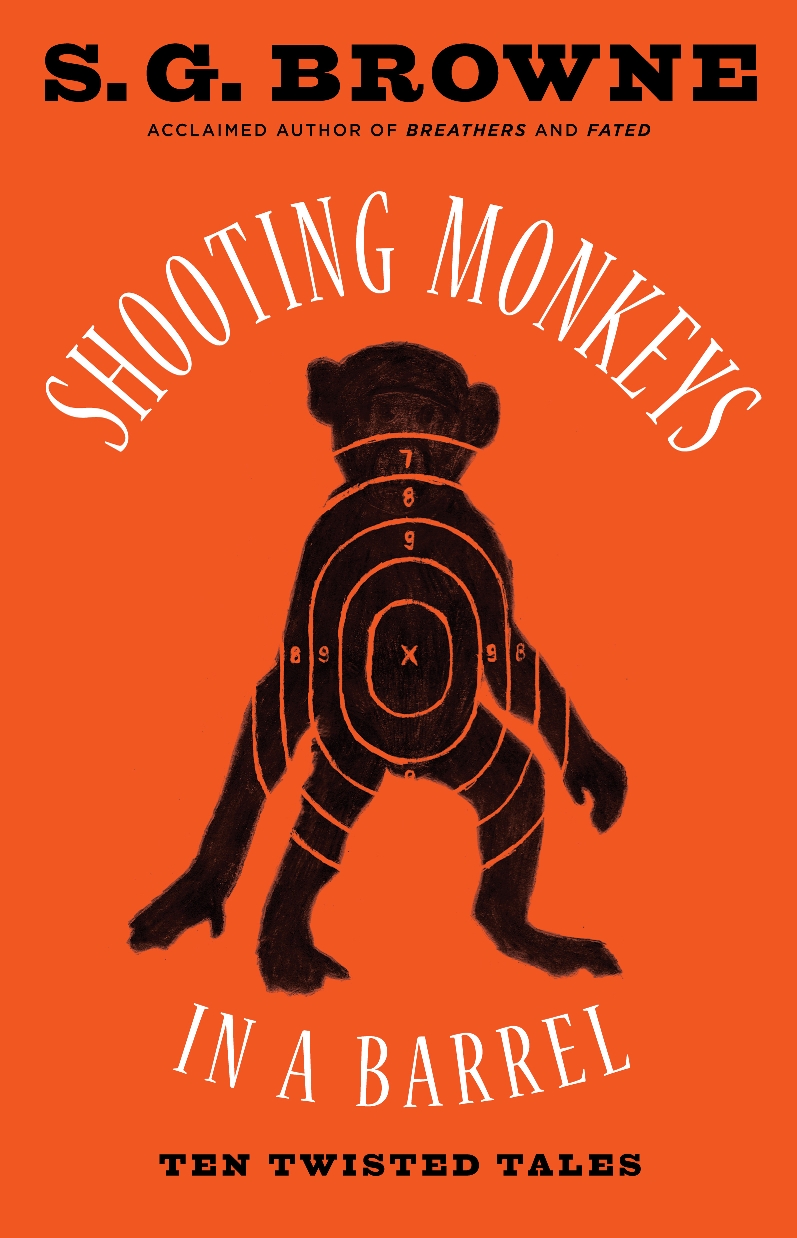M is for Misery, Mirrors, and Mrs.
We’ve hit the halfway point in my list of Favorite Novels from A to Z, and I have to wax cliché when I say that the letter M doesn’t hold a candle to the books that topped the list for the letter L. But when your favorite and most influential books you’ve ever read take the stage, whatever comes next is going to be a bit of a letdown. However, that doesn’t mean I didn’t enjoy them.
Some of the books that didn’t make this week’s list include The Maltese Falcon (Hammett), Mr. X (Straub), Mr. Murder and Midnight (Koontz), and Maximum Bob (Leonard). I never read The Martian Chronicles (Bradbury), Mysteries of Pittsburgh (Chabon), or Mystic River (Lehane), though I enjoyed the film versions.
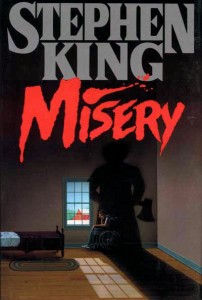 King of the mountain:
King of the mountain:
Misery, Stephen King
At less than 340 pages, this is one of King’s shortest reads, which helps to increase the tension as writer Paul Sheldon, injured in a car accident, is held prisoner in a remote cabin by his biggest fan. Annie Wilkes is one of King’s most memorable characters (probably due to Kathy Bates portrayal in the film). But in the movie, Annie just breaks his ankle with a sledge hammer. In the book, she cuts off his foot with an axe and cauterizes his severed ankle with a blow torch. Ouch.
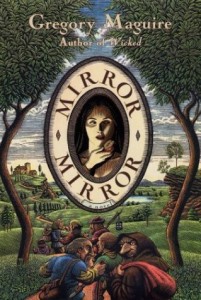 Second fiddle:
Second fiddle:
Mirror Mirror, Gregory Maguire
An intriguing retelling of the Snow White story by the author of Wicked (which I personally feel was far superior to the Broadway musical adaptation, but I digress.) While not as clever or as memorable as his debut novel, Mirror Mirror does a great job of creating a dark world that existed 600 years ago with beautiful prose, twisting the Snow White legend around, and giving us a very different perspective of the seven dwarfs. Enchanting.
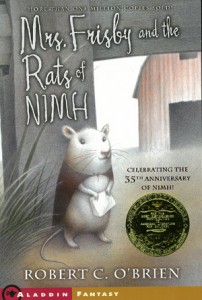 Third is the word:
Third is the word:
Mrs. Frisby and the Rats of NIMH, Robert C. O’Brien
One of my favorite books I read when I was a kid, right up there with Charlie and the Chocolate Factory and The Phantom Tollbooth. The idea of rats with intelligence that enables them to read, write, and create their own society was enthralling to read as a child. A wonderful adventure that incorporates themes of friendship and cooperation. Read it again for the first time.
Classic Literature Razzie #3:
Moby Dick, Herman Melville
I know this is supposed to be the Great American Novel and that it’s another one of those books that serious writers are supposed to love and be influenced by and rave about, but I found it painful and laborious. Which I guess excludes me from the Serious Writers’ Club. Talk all you want about symbolism and metaphor and social commentary. What you’ve got is a boatload of seamen chasing after a giant sperm whale named Moby Dick. Not a lot of subtle nuance there.
